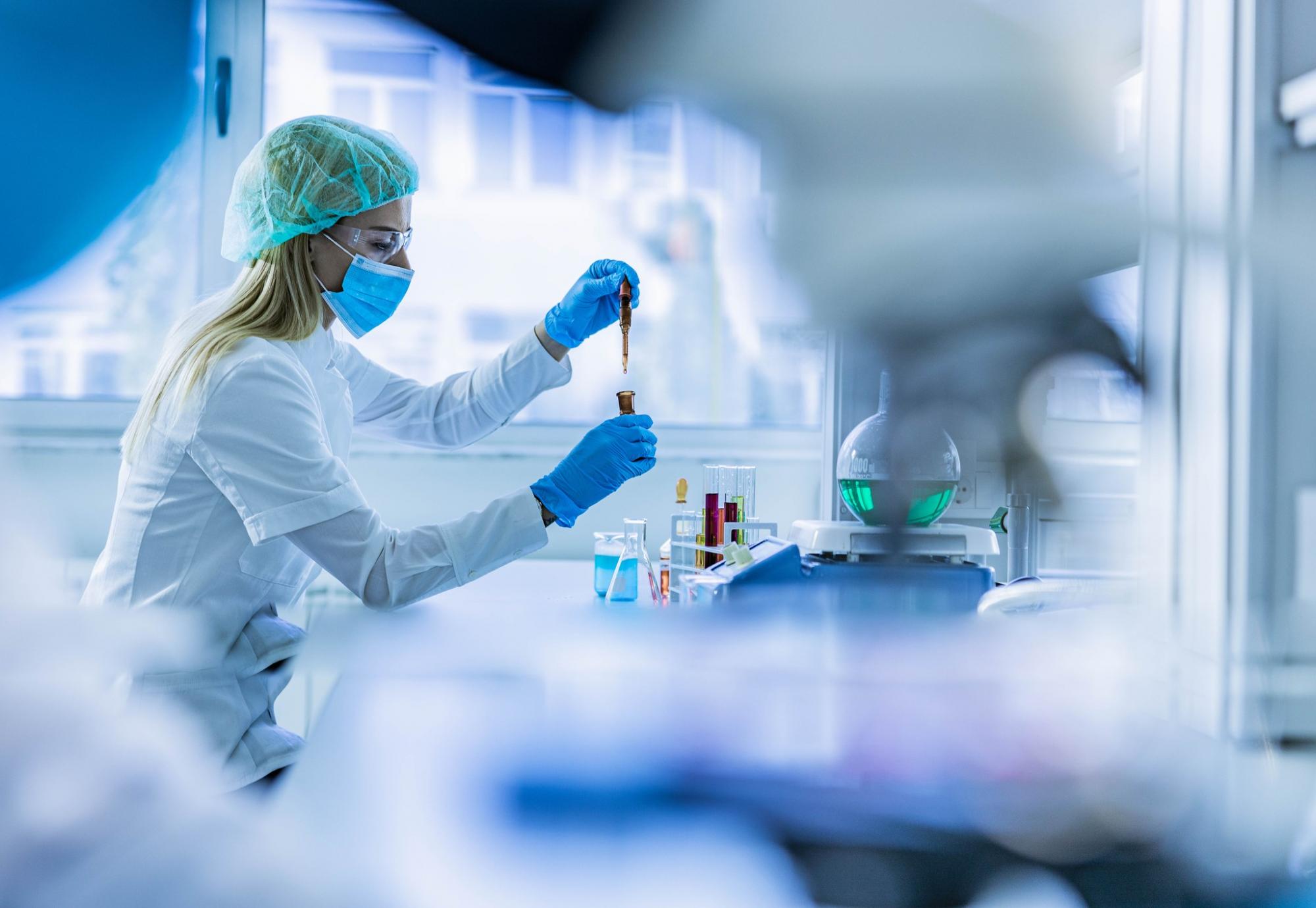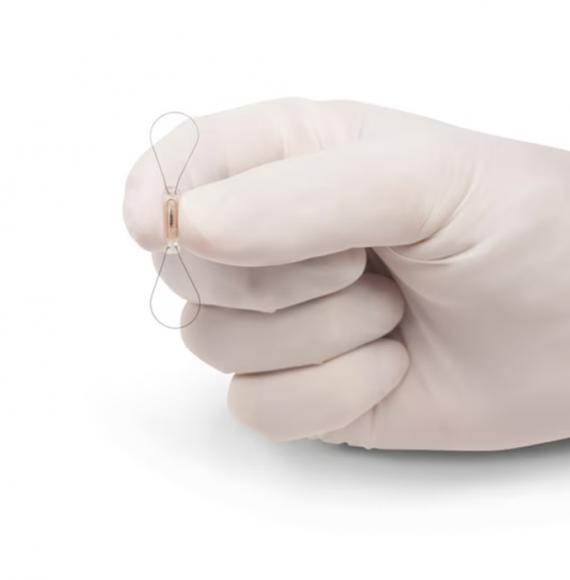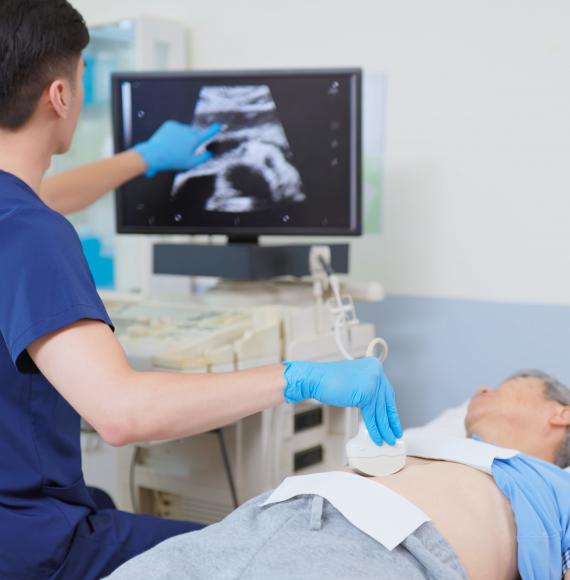On the final day of October, the UK’s daily coronavirus testing capacity surpassed it’s ambitious 500,000 daily tests ambition for the first time, offering another significant milestone in supporting and improving the country’s beleaguered test and trace system.
The rapid expansion of testing capacity in the UK has been achieved as a result of partnerships with NHS and university labs, new cutting-edge testing innovations and a major recruitment drive to boost the country’s coronavirus diagnostic network.
As the country grapples with a second wave of Covid-19 infections, the achievements will offer key support for NHS Test and Trace as we enter the winter period – where respiratory infections and viruses, such as Covid-19, typically flourish.
On October 31, 2020 the UK testing capacity officially rose to 519,770 to meet the increasing demand.
Building the ever-expanding national testing has required partnerships to be struck between Government and people and organisations from a range of sources; from national and local government, the NHS, public health bodies, the military, academia, epidemiology and the private, not-for-profit and community sectors.
Health and Social Secretary Matt Hancock said: “I am so grateful to the teams who have worked tirelessly over the past few months to meet this milestone, building the UK’s daily coronavirus testing capacity to 519,770.
“More testing means more cases of coronavirus are identified, helping break chains of transmission and stopping this disease spreading.
“NHS Test and Trace is a crucial weapon against this virus – but it’s no silver bullet.
“As cases are rising, everyone must continue to play their part by following new restrictions and advice of NHS Test and Trace if they are contacted.”
Across the country, Government commitment to increasing testing capacity has seen a significant rise in the number of labs across the UK diagnostic network – achieved through a mix of public, private and academic partnerships – as well as more than 3,000 new recruits joining the lab network since April.
Technological improvements have similarly seen an increase in processing turnaround time for testing, adding to capacity, while a number of pilot schemes are now underway for rapid testing – allowing tests to be carried out on site in a matter of minutes.
Health Minister Lord Bethell added: “To respond to the coronavirus we have built a major testing and tracing system from scratch in five months, and we are constantly working to expand and improve it with new technologies and innovations.
“We are working tirelessly to make sure everyone who needs a test can get one, including by bringing in new labs that can process tens of thousands of tests a day, opening new test sites, and trialling new rapid tests that will give results on the spot.”



















